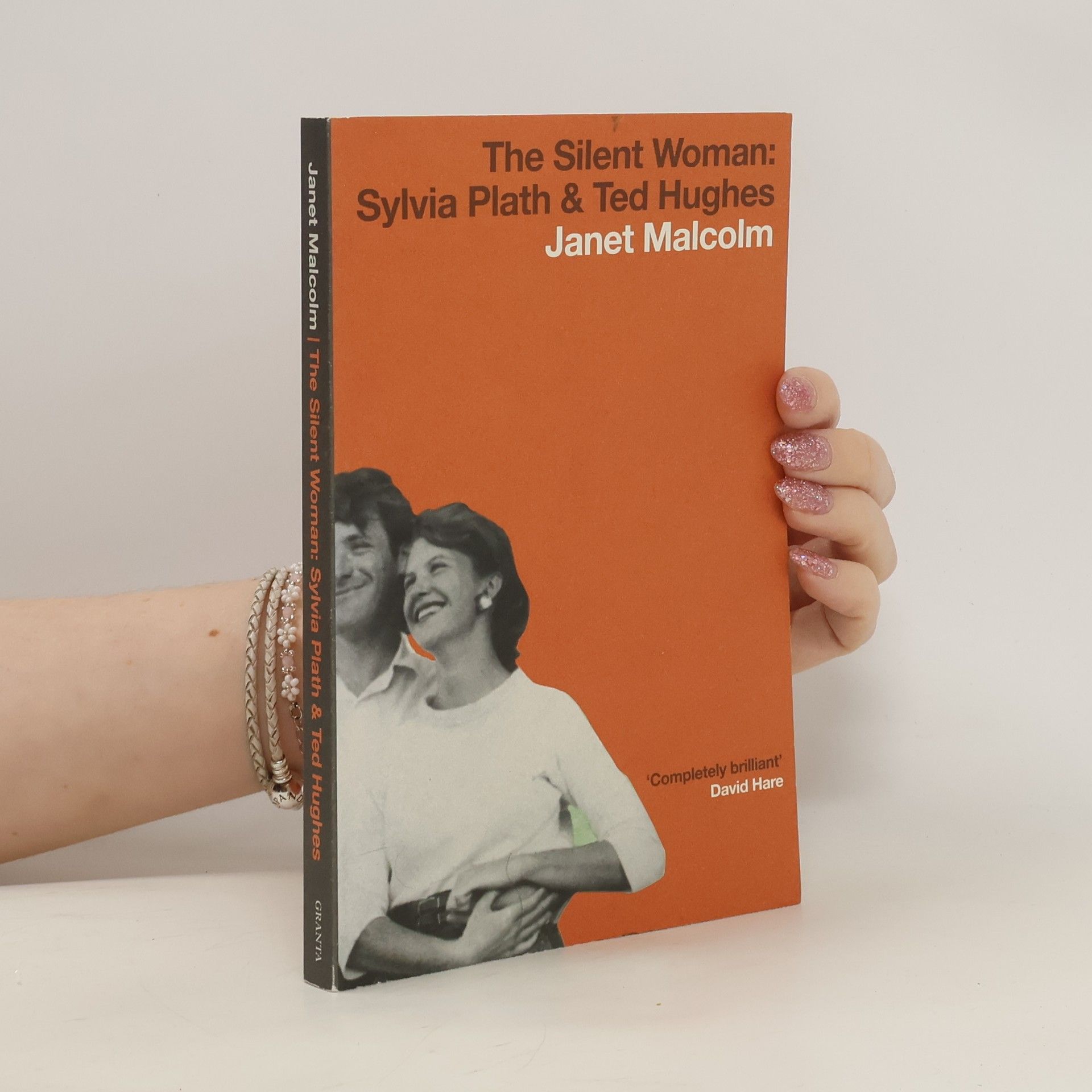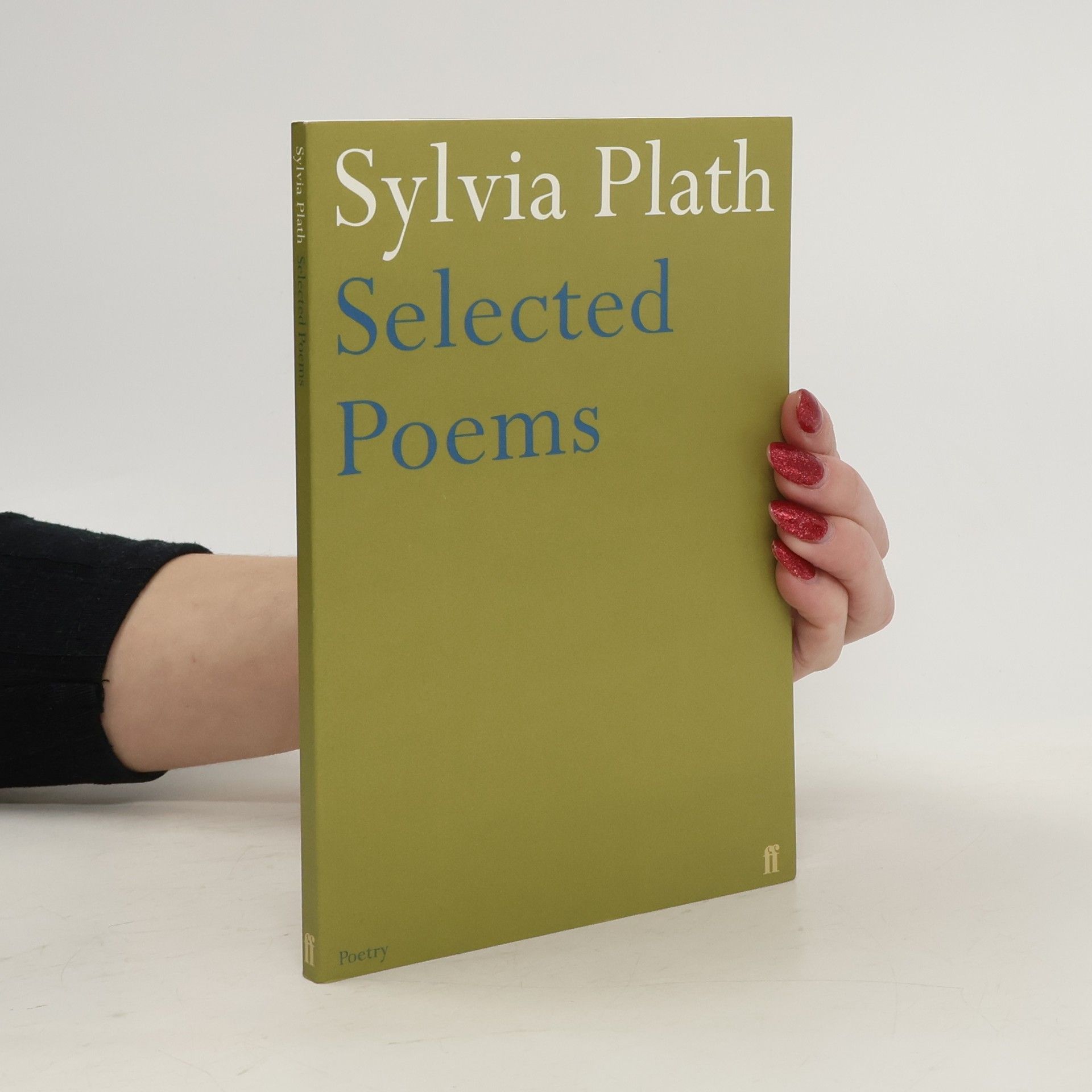Sylvia Plath (1932-1963) was a defining figure in twentieth-century poetry, and her vivid, complex work continues to resonate with new generations. In this collection of her letters, much of which is previously unpublished, Plath's unaltered voice shines through, offering candid insights into her personal life. Her correspondence is playful and engaging, addressing family, friends, and professional contacts with her characteristic wit. The letters trace Plath's remarkable literary journey, revealing the origins of her poems, fiction, and journalism. Despite mixed receptions to her work, she remained committed to her creative vision, navigating both acceptance and rejection. A well-read and curious observer, Plath provides intriguing commentary on contemporary culture. Editors Peter K. Steinberg and Karen V. Kukil, renowned Plath scholars, include comprehensive footnotes and an extensive index based on thorough research. Accompanied by photographs and Plath's own drawings, they expertly contextualize the correspondence. This selection highlights pivotal moments in Plath's adolescence, her turbulent undergraduate years at Smith College, her move to England and Cambridge University, and her relationship with Ted Hughes, including a wealth of unseen letters that illuminate their extraordinary creative partnership.
Sylvia Plath Books
Sylvia Plath was an American poet, novelist, and short story writer, primarily celebrated for her poetry. Her work often delves into complex internal states and psychological dramas. Plath explored themes of identity, trauma, and the female experience with piercing honesty. Her style is marked by intense imagery and powerful emotional resonance, drawing readers into the depths of the human psyche.


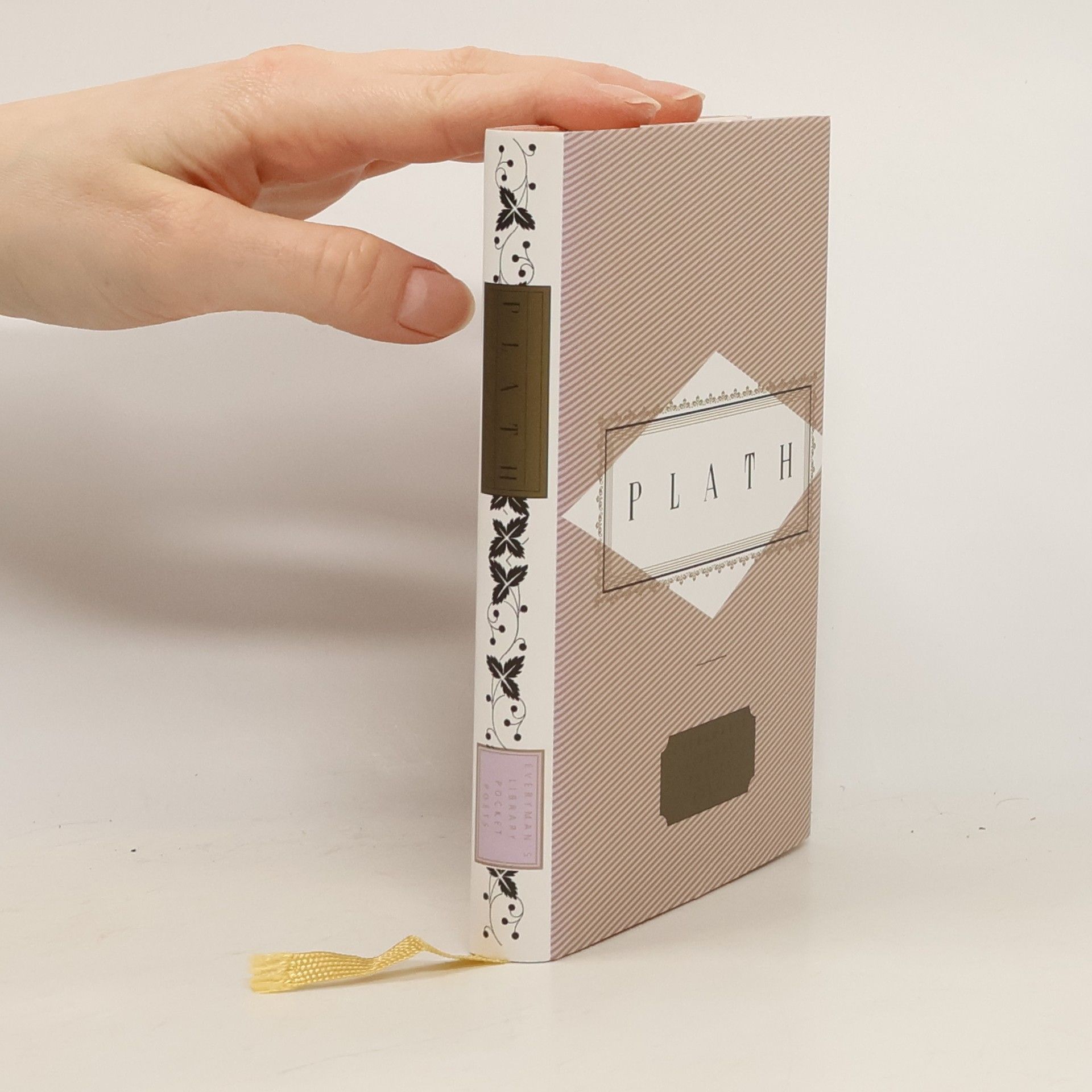
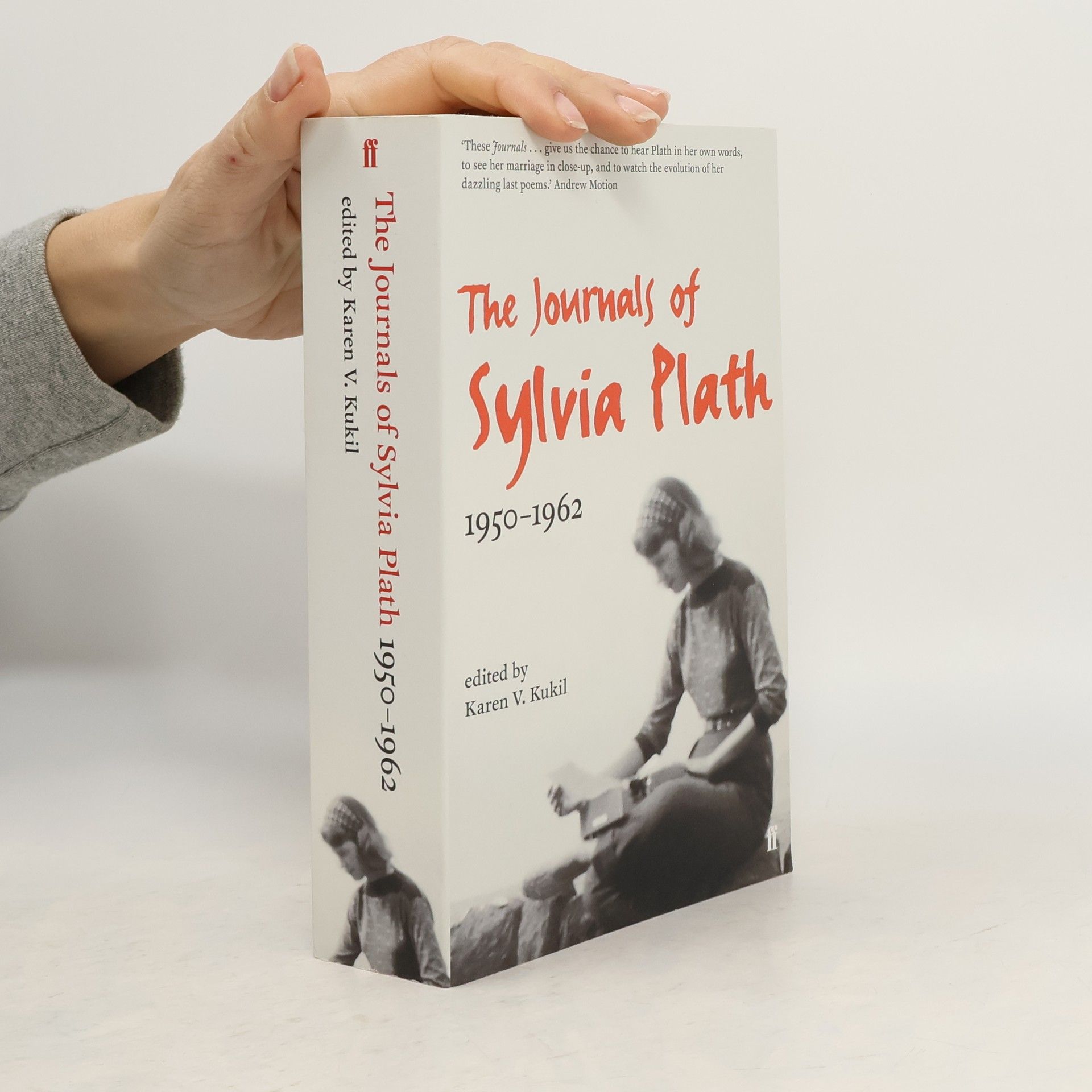
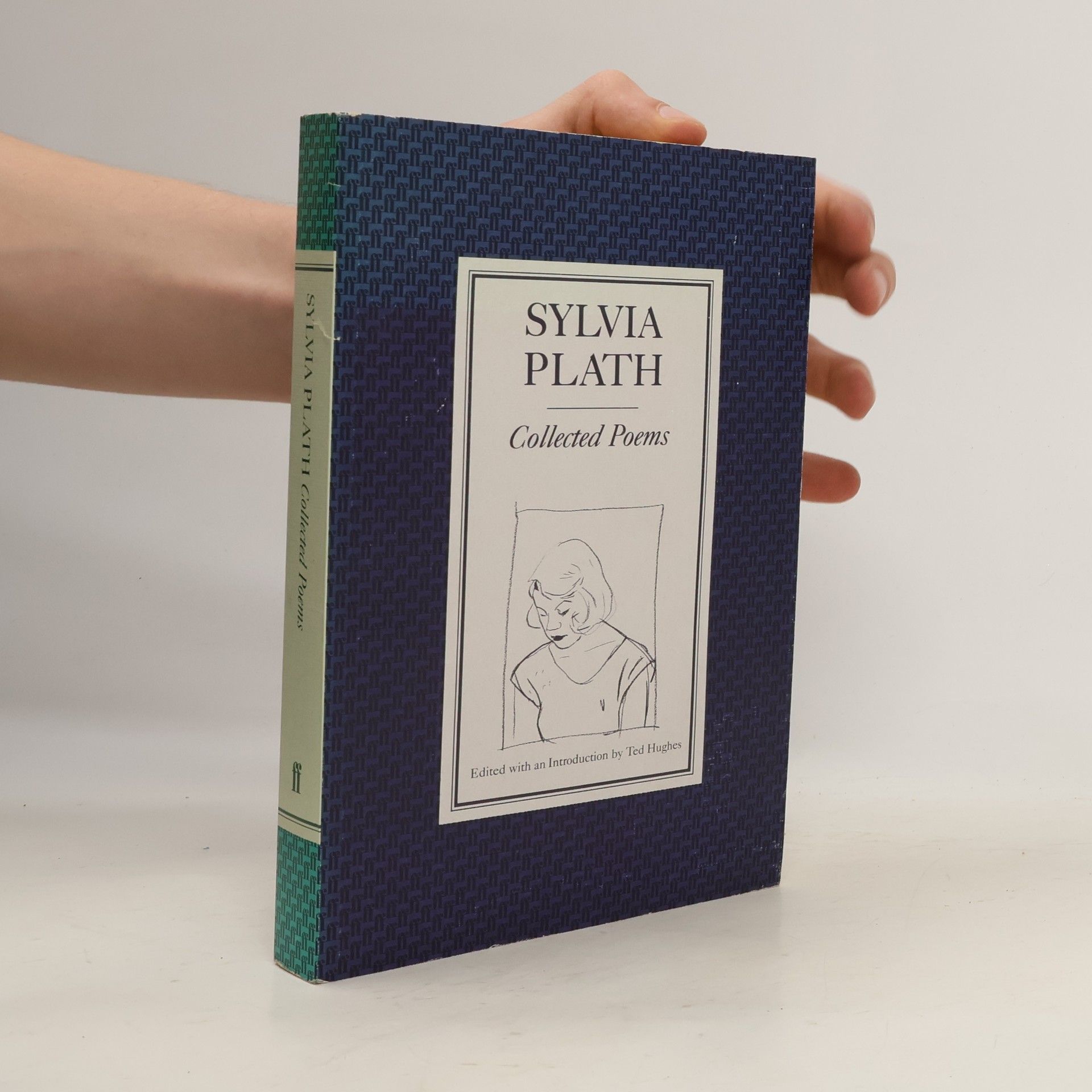


Letters of Sylvia Plath Volume II
- 1088 pages
- 39 hours of reading
The second volume of this landmark edition of Sylvia Plath's correspondence.
Collected poems
- 351 pages
- 13 hours of reading
Contains all Sylvia Plath's mature poetry written from 1956 up to her death in 1963.
The Journals of Sylvia Plath
- 768 pages
- 27 hours of reading
A beautifully repackaged edition of these intimate, compelling journals.
The collection showcases the powerful and poignant verse of a Pulitzer Prize-winning poet, known for her intense emotional depth and artistic brilliance. Through brutally honest self-exploration, the poems—such as "Lady Lazarus" and "Daddy"—reflect personal tragedy while resonating with universal themes. Plath's work continues to shape contemporary poetry, leaving a lasting impact with its raw intensity and vivid imagery.
Letters Home
- 512 pages
- 18 hours of reading
Sylvia Plath's letters, primarily to her mother, span from her time at Smith College in the early 1950s to her suicide in 1963. They reveal her ability for both domestic joy and literary fulfillment, while also hinting at her profound despair.
Ariel: The Restored Edition
- 224 pages
- 8 hours of reading
Upon the publication of her posthumous volume of poetry Ariel in 1965, Sylvia Plath became a household name. Readers may be surprised to learn that the draft of Ariel left behind by Plath when she died in 1963 is different from the volume of poetry eventually published to worldwide acclaim. This is a facsimile edition of her original draft.
Re-issue of Malcolm's revelatory biography of the tumultous union of Sylvia Plath and Ted Hughes, and the critical battle that dogs their legacies.
Selected Poems of Sylvia Plath
- 96 pages
- 4 hours of reading
Highlighting the work of a pivotal figure in 20th-century literature, this collection showcases Sylvia Plath's powerful and evocative poetry. It captures her unique voice and explores themes of identity, mental health, and the complexities of human experience, making it essential for both poetry enthusiasts and those new to her work.
York Notes on Selected Works
- 72 pages
- 3 hours of reading
York Notes are guides to literature in English, covering major British, American, Commonwealth and Third World works as well as English translations of some important writings in other languages.
